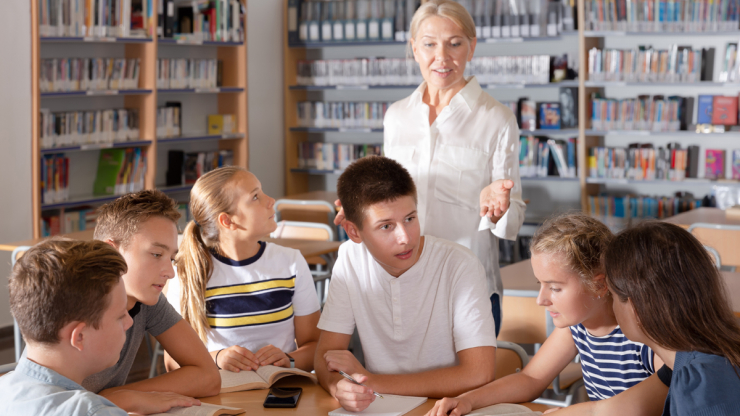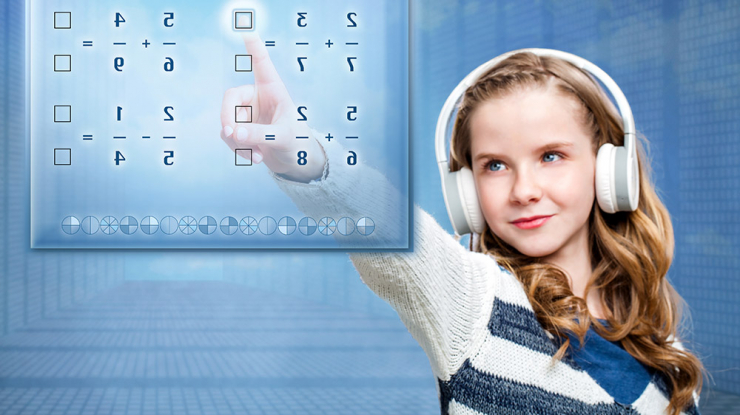Fake news is fake news that appears today, especially on social networks and messengers, with the aim of deceiving people and influencing their opinions. The reasons why people write and spread fake news vary widely.

Some people invent Fake News out of hatred and thereby want to insult, exclude or disparage other people or ethnic groups. Others create Fake News to change political opinions and to create sentiment against certain political decisions. Still others create fake news to get clicks on websites and to earn money with it.
Social media users contribute to the spread of fake news when they simply forward reports without checking them. How quickly false information can spread and be retained in this way is underestimated in social networks not only by children and young people, but also by adults.
So how do you tell true from false? It is not always easy to correctly classify the variety of information and sources. The following tips will help you recognize fake news and stop it from spreading.
Many humans made already experiences in the private or vocational surrounding field with humans, who spread wrong messages or persons, who are close to one, speak for example over "the media" or even of "the lying press", as if all journalists and Medienmacher would be under a cover. A YouTube video may be used as "proof" for a statement.
These conversations often follow a pattern: someone claims something where there are clear culprits responsible for a problem. Depending on the enemy image, this could be refugees, politicians or the press. These statements may sound wrong, but being able to really refute them at the same moment is not easy. After all, it takes time and research to correctly classify a complex issue. But why is it hard to respond appropriately to a conspiracy narrative?
If you encounter conspiracy narratives or fake news, one thing above all is important: to take a stand, to act and thus to show civil courage. The five-phase model of prosocial behavior by Bibb Latane and John Darley, which is well known in psychology, can provide assistance for one's own moral courage. In order to overcome one's own obstacles to action, it can help to become aware of individual phases of this model.
But it is important: Crude theses and ideas, especially if they are anti-human, should not be left unchallenged. It is important to act instead of remaining silent.
Facts are not always enough to counter every piece of misinformation. But in a discussion, it is always worthwhile to ask where the information comes from. You can then check them on fact-checking sites like Mimikama or correctiv.org - and thus identify the news about the postponed school vacations as false relatively easily, as in Robert's case.
 The importance of developing skills such as creativity and critical thinking is often stressed.
Knowledge or competence?
The importance of developing skills such as creativity and critical thinking is often stressed.
Knowledge or competence?
 Teachtoday inspires and encourages cross-disciplinary and project-oriented knowledge transfer.
Learning by trial and error
Teachtoday inspires and encourages cross-disciplinary and project-oriented knowledge transfer.
Learning by trial and error
The smartphone becomes a learning companion
Digital communication

